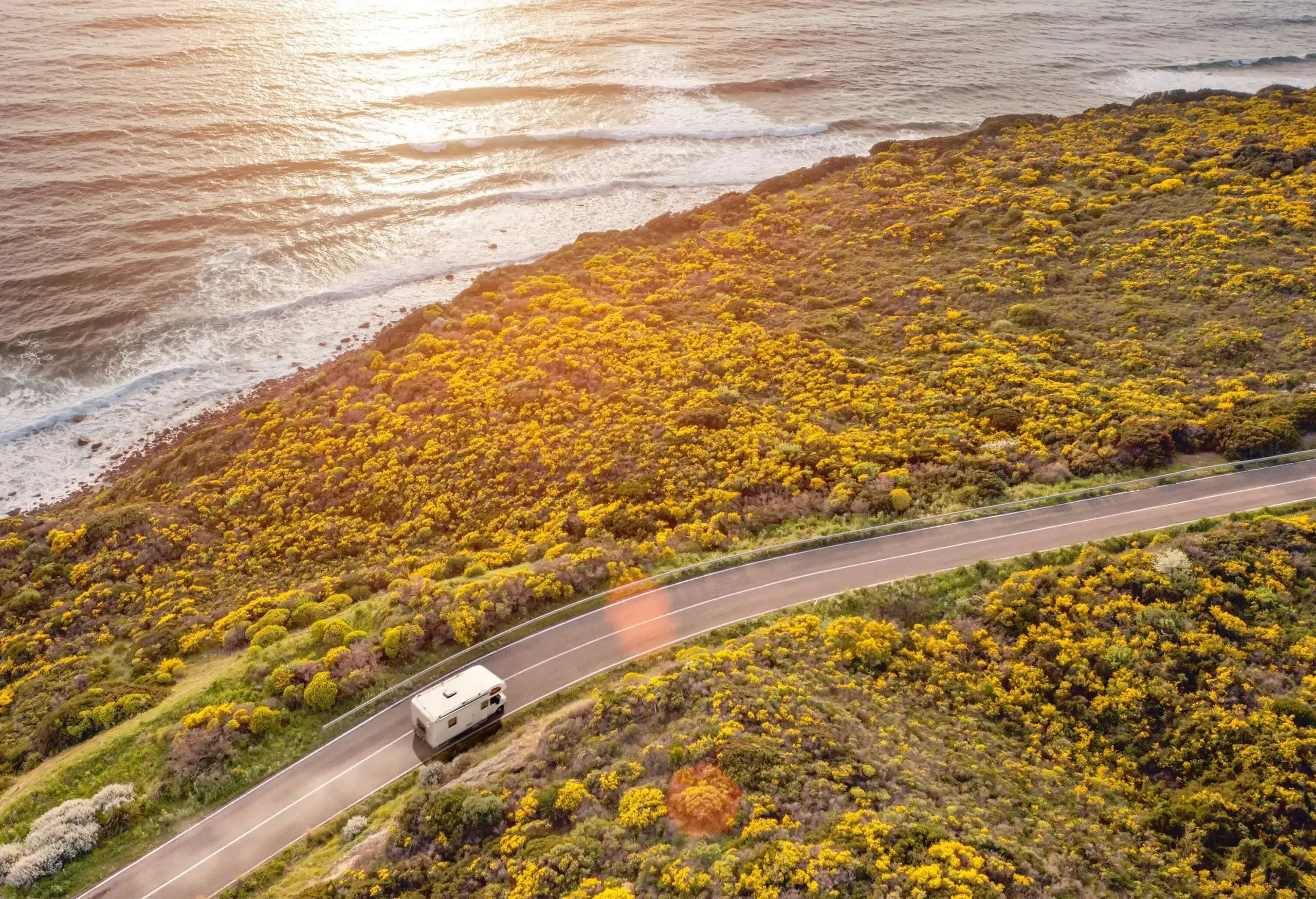When you hire a car, it’s best to get car hire insurance. This guide covers where to buy insurance from, what type of coverage to get, and what those policies cover.
What are the different ways to get car hire insurance?
There are several different ways to get insurance for your hire car. The tricky part is knowing what type of insurance you need, what different policies cover and which is the best value.
If you’re looking to save money, first check any existing insurance policies you have to see if they offer cover. Check your own car insurance, personal insurance or credit card benefits. You may find one covers you already.
Care hire companies
Specialist hire car insurers
If you hire cars very often, as I do, and are happy to plan ahead, independent car hire insurance brokers can be a budget-friendly way to find regular full cover. Many offer different insurance levels and plans to meet your needs. These can including single trip, monthly and annual policies covering the UK and rest of the world.
These kinds of policy offer what’s called car hire excess insurance. This means in case of damage to your rental you have to pay the excess to the car hire company. You can then claim this cost back from your specialist insurer.
Credit card insurance
It’s not uncommon nowadays for credit card companies to offer insurance for hire cars as a perk. The type and level of insurance varies dramatically for different card issuers though. It’s important to know exactly what coverage your credit card offers and excludes to see how it meets your needs.
You should also be aware of any limitations in coverage based on location. I recently hired a car in the Dominican Republic only to discover my credit card didn’t extend to this region. I ended up paying full over-the-counter insurance with the hire company and had to use it for a cracked windscreen. If I hadn’t checked my credit card and not taken extra coverage, it would have cost me around $600.
What insurance do car hire companies offer?
All car hire companies offer a basic liability insurance as standard. This means you’re legally insured to drive the car and are covered for damage to third parties and their property. The excess insurance they sell over the counter is more like a waiver. Simply, it excuses you from having to pay if the car is damaged or stolen while you’re renting it.
Here’s an example of the different types of excess insurance that the main car hire companies offer in the UK. This is based on the below search criteria booking online, in advance of rental:
- Pick-up and drop-off at London Heathrow Airport
- From the 10-17 May 2025
- ‘Small’ or ‘Compact’ car category
- Renters age 25-30+, depending on options available


What insurance do specialist car hire insurers offer?
Specialist, or third-party, insurers offer the same kind of insurance as rental companies, but they have a slightly different approach. Instead of only offering excess insurance on a trip by trip basis, many also offer monthly or annual policies, which can be more cost-effective.
Typically, these policies include coverage for damage or injuries caused to others and reduced out-of-pocket expenses for damage to the rental vehicle. They may also offer additional benefits like roadside assistance.
It can be tempting to stick with the basic insurance and hope for the best to save a few pounds. But with all the competing excess insurance policies now available, prices are lower than you might expect – especially for annual policies.
Duncan Madden, travel writer
Comparatively, they are often cheaper than taking insurance with the rental company, but do come with a disadvantage. Should you make a claim, you’ll need to pay the rental company and get the necessary forms and receipt. You can then use these to claim your costs back from the third-party insurer.

What’s the best way to get car hire insurance?
Getting full insurance directly from the car hire company can be expensive, especially if you buy it over the counter. If you want to find the best deal, it helps to shop around and consider your options. It also depends on what kind of coverage you need based on where you’re driving. And then of course there’s your appetite for risk, and how happy you are driving with minimal insurance.
Car hire insurance for renting in the UK
When hiring a car in the UK, the basic inclusive insurance policies are similar to those in Europe and the US. The main thing to note is that Liability Insurance is the only policy that‘s legally mandatory to have. Collision Damage Waiver is not a legal requirement but is often included in the rental price anyway. If it isn’t, it’s a good idea to get it.
The best way to choose your car hire excess insurance in the UK is to compare a range of policies based on your specific trip. If you hire regularly, specialist excess insurance companies offer monthly and annual policies that may be more cost-effective than buying direct from the hire company.
As always, you should also check your credit card add-ons and travel insurance policy first, as these often offer some level of private hire car insurance already.
Car hire insurance for renting abroad
When hiring a car to drive in a European country, you’ll find that some insurance policies might already be included in your contract. This is usually the case with Collision Damage Waiver, Third Party Liability and Theft Protection.
Some of these policies will include an excess. If you want to reduce it to zero, consider taking out an Excess Waiver policy. As with the UK, the best way to choose is by comparing policies from rental companies and specialist providers to see what’s most cost-effective for your trip. Make sure you read the fine print to know exactly what it covers.
If you’re planning to travel around Europe and cross borders in your hire car, it’s important to double check you have coverage in all the countries you’ll be visiting.
In the US, some states have different laws on what type of insurance they require. In all cases you should have Third Party Liability insurance, which is a requirement, and Collision Damage Waiver or Loss Damage Waiver. Note that the latter comprises both CDW and Theft Protection.

What does basic car hire insurance cover?
Insurance coverage tends to have a location and circumstance limitation. Make sure to check the regions where your coverage applies and any specific circumstances it doesn’t cover. For example, it may exclude certain countries or even only cover you driving in your country of residence.
It goes without saying, but insurance companies won’t cover accidents where the driver has broken any of the terms and conditions. This could be anything from driving under the influence of alcohol to taking your hire car off road.
Basic car hire insurance typically covers three things – damage, theft, and third party liability. Here’s a breakdown of the different types of insurance and what they cover.
What does excess car hire insurance cover?
Above are the basic types of coverage, but there are several things that additional policies would also cover. What happens if you get injured in a hire car? If your personal belongings are stolen from a hire car? If you get into an accident with someone who’s not insured themselves? There are policies that cover each of these situations too.
The insurance companies, policies and prices I’ve put together for you in this article are non-exhaustive. There are other companies and policies available.
If you’re travelling to a country where driving is slightly more treacherous than in the UK, consider asking the rental company what type of additional insurance policies they recommend.
In Iceland, for example, there are terrain-specific insurance policies that to this day I’m still thankful for. Driving over rough volcanic roads took its toll on my shiny Volvo XC90 hire car when a rock got wedged between brake and wheel. Without the specialist insurance, I would have ended up paying a fortune to fix it. It was an epic road trip though!










